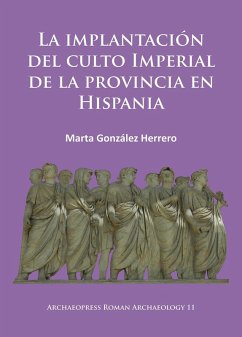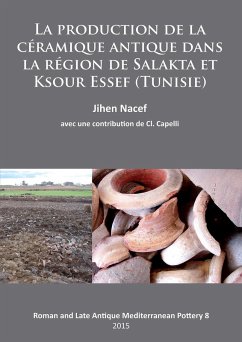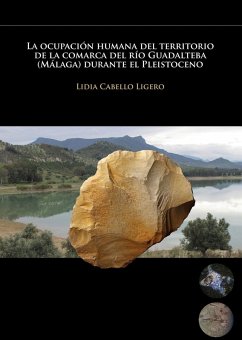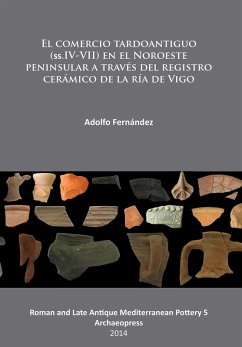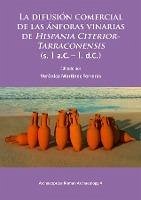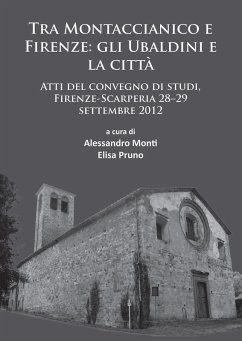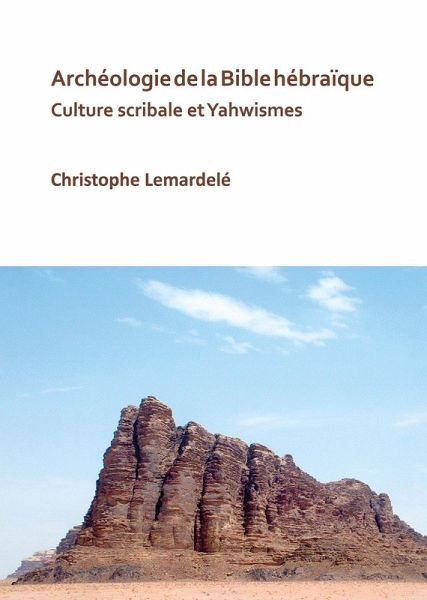
Archeologie de la Bible hebraique (eBook, PDF)
Culture scribale et Yahwismes
Versandkostenfrei!
Sofort per Download lieferbar
17,95 €
inkl. MwSt.
Weitere Ausgaben:

PAYBACK Punkte
9 °P sammeln!
Since the Renaissance,the question of how the Bible was written has been much debated. Documentarytheory of the end of the 19th century identified "e;authors"e; andschools of writing, paving the way so that, a century later, a complex realityemerged, that of scribes modifying texts as they copied them. Thus, "e;The Bible"e;no longer appears as a controlled theological and historiographical project butas the empirical arrangement of heterogeneous texts linked together by anevolving religious ideology. While the great overall account of the first booksis based on the election and...
Since the Renaissance,the question of how the Bible was written has been much debated. Documentarytheory of the end of the 19th century identified "e;authors"e; andschools of writing, paving the way so that, a century later, a complex realityemerged, that of scribes modifying texts as they copied them. Thus, "e;The Bible"e;no longer appears as a controlled theological and historiographical project butas the empirical arrangement of heterogeneous texts linked together by anevolving religious ideology. While the great overall account of the first booksis based on the election and migration of an entire people, the ideologicalfoundations of Yahwism evoke rather a foreign god who, having reached Israeliteterritory, ultimately gained pre-eminence there.Thismonotheistic ideology was above all an exclusivism that was to be reinforcedfrom the time of the kings of Israel and Judah to the Judean revolts againstRome in the first centuries of our era. In our attempt to understand the natureand origin, as well as the evolution, of this specific form of monotheism,which made of a jealous god the only God, we have relied predominantly on theconcept of the "e;two yahwisms"e;. This theory enables us to understand how a godallied with a people has also been acreative god of the universe and of allhumanity.
Dieser Download kann aus rechtlichen Gründen nur mit Rechnungsadresse in A, B, BG, CY, CZ, D, DK, EW, E, FIN, F, GR, HR, H, IRL, I, LT, L, LR, M, NL, PL, P, R, S, SLO, SK ausgeliefert werden.




